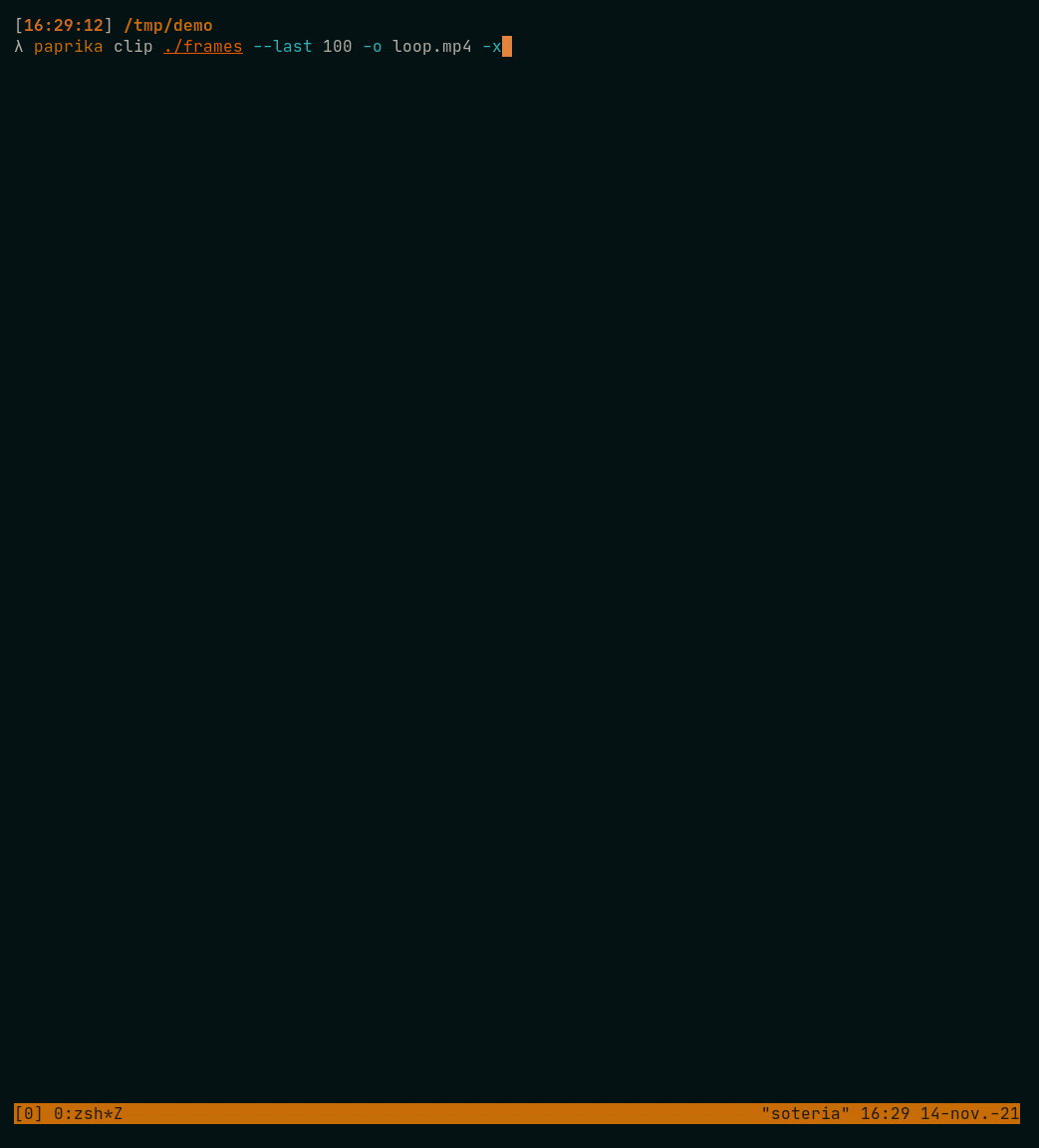glfw
Package glfw experimentally provides a glfw-like API with desktop (via glfw) and browser (via HTML5 canvas) backends.
It is used for creating a GL context and receiving events.
Note: This package is currently in development. The API is incomplete and may change.
Installation
go get -u github.com/goxjs/glfw
GOARCH=js go get -u -d github.com/goxjs/glfw
Directories
| Path | Synopsis |
|---|---|
| test/events | events hooks every available callback and outputs their arguments. |


